2024 was again marked by global crises and conflicts as well as a weak economy. How did R. STAHL fare in this difficult environment?
Dr. Mathias Hallmann: Especially in the first half of 2024, we were able to defy the trend and record encouraging order intake, sales and earnings figures. Unfortunately, the second half of 2024 was much less favorable and marked by global uncertainty and on-hold situations – for example, ahead of the US elections. On top of that, there was the recession, which continues to impact almost all of our customer industries to this day. And the European chemical industry is suffering tremendously from energy costs and regulation, which is making the construction of new plants almost impossible. We were, however, able to compensate for this industry weakness quite well through gains in the pharmaceutical sector and in LNG, among other things.
How did things develop in the first quarter of 2025?
Dr. Mathias Hallmann: Fortunately, we have again received some positive signals in the form of major orders. But this will not have an impact on sales until the second half of the year. As far as the bread-and-butter business with fast-moving goods is concerned, it is too early to say. We are currently facing global uncertainty in many of our target industries: Money is available, but investment decisions are not currently being taken. We simply have to wait and see how the markets develop – whether there will be a recovery or whether the crises will become entrenched and chronic. We temporarily adjusted our capacities in the first half of the year in order to continue to navigate the rough waters.
Tobias Popp: It is important to bear in mind that we are a so-called “late cyclical” company, which means that we typically follow the general economic trend with a lag of about six months. It can take up to half a year or even longer for the order intake to be reflected in sales. Market developments, whether positive or negative, always have a delayed effect on us. Generally speaking, however, we have been able to consistently gain market share thanks to our sustainable sales and portfolio strategy. To understand why, you have to be aware that explosion protection is a relatively small cost factor in the planning of a new plant. Due to its inherent complexity, it is a very important but rather cumbersome topic for the operator. That is why our customers are glad when we, as a full-service provider, can relieve them of the burden of everything from consulting to the delivery of products and system solutions to services.
What opportunities and risks do you see for the 2025 financial year?
Dr. Mathias Hallmann: We have reason to be optimistic in the long term. Our EXcellence 2030 strategy, which we have been using to position the company since 2018, has been proving its value year after year and gets us safely through difficult times. What’s more, we are on board with all megatrends. I’ll give you just three examples.
First: Climate change makes it necessary to reduce carbon emissions. This means that primary materials for batteries, gas (LNG), hydrogen and also nuclear power are becoming increasingly important. We are particularly well positioned in the growing LNG market. Oi will also continue to play an important role, at least in the coming years.
Second: The world’s growing and aging population is driving demand for food and medical products. Accordingly, two of our most important customer markets, the chemical and pharmaceutical industries, will also grow and invest in optimizing and automating their processes. And the third trend is that digitalization is boosting process automation, where we have a very strong market position. Explosion protection is needed everywhere in this area, and our close customer relationships mean that we know at an early stage which innovations are in the pipeline that need to be protected.
What other strategic focus areas are on your agenda?
Tobias Popp: With our EXcellence 2030 strategy, we are now focusing primarily on digitalization and internationalization. Our digitalization efforts are taking place on three separate levels: Digitalization of the company‘s core processes, digitalization of our products and providing our customers with digital services. Our IT is increasingly becoming a strategic partner that actively contributes to the value chain and drives innovation. This underscores our technology leadership and opens up new business opportunities for us. Our online platform, for example, is a digital showroom where customers can find detailed infor mation on selected products and solutions. Customers can select standard products from our webshop (MY R. STAHL) and easily order them online. In the future, it will also be possible to configure products using this platform, with the order going directly to production when it is placed.
Are there other added values for your customers?
Tobias Popp: We actively support our customers’ efforts to digitalize their plants and thus offer added value throughout the entire product life cycle. One example: A device fails in a customer plant and they have no replacement in their warehouse. An appliance fails in a customer‘s system and he has no replacement in his warehouse. In such cases, our digital nameplates in conjunction with the Digital Twin platform are extremely helpful: QR codes can be used to call up all information in the form of a digital twin – including a suitable successor product if necessary. A replacement can therefore be ordered directly without further searching. In addition, all information for the safe use and maintenance of products is available worldwide. This information will later be incorporated into a digital product passport (DPP), which, among other things, shows the carbon footprint for each part. The DPP will gradually become legally binding from mid-2026 in accordance with the ESPR (Ecodesign for Sustainable Product Regulation). We are ready.
How is internationalization progressing?
Dr. Mathias Hallmann: We currently generate around 25 percent of our sales in Germany. In other European countries the figure is a good 45 percent and in the rest of the world 30 percent. Our goal is to continue on the path of internationalization beyond Europe and to increase the global share of sales to 50 percent in the long term. But this will not happen overnight. Our business is a people business and it thrives on trust. A manager from the oil industry recently said to me: “When I go to R. STAHL, I buy insurance.” But until we have developed the kind of reputation that we have in Europe on the American and Asian continents as well, we have to assume a planning horizon of around ten years.
Tobias Popp: An important step towards internationalization is that we will be commissioning a completely new production facility with administration and logistics in Chennai, India, in 2026. We are pursuing a one-company strategy. Locations in Asia are not only used for production and sales, but also to further develop and expand expertise in administrative areas and marketing. This creates a kind of hub for the whole of Asia.
Dr. Mathias Hallmann: At the same time, we aim to develop our German plants – especially our headquarters in Waldenburg – into a technological beacon.
These articles might also interest you
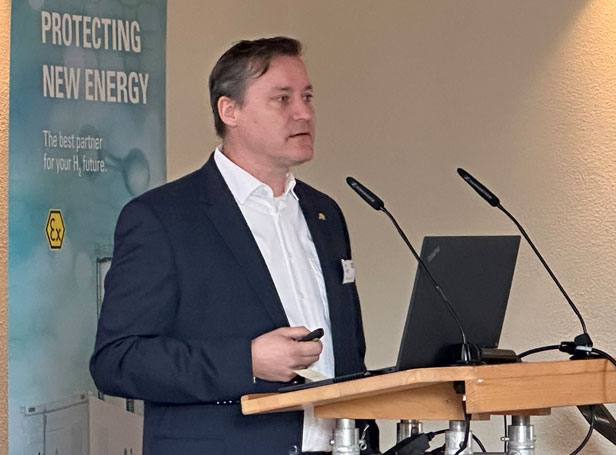

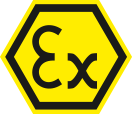
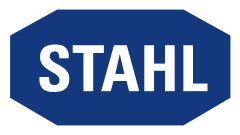

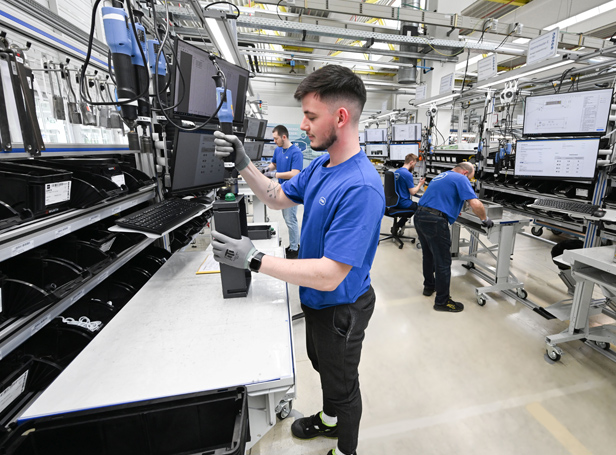
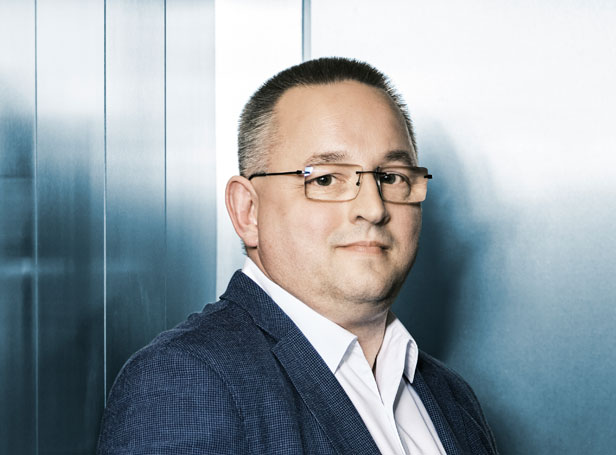
![[Translate to Englisch:] [Translate to Englisch:]](/fileadmin/user_upload/mitarbeiter/01_DE/07_Blog/00_Allgemein/blog-explosionsschutz-rstahl-startseite-279x205.jpg)
![[Translate to Englisch:] [Translate to Englisch:]](/fileadmin/user_upload/mitarbeiter/01_DE/07_Blog/00_Allgemein/blog-explosionsschutz-rstahl-ueber-den-blog-279x205.jpg)
![[Translate to Englisch:] [Translate to Englisch:]](/fileadmin/user_upload/mitarbeiter/01_DE/07_Blog/00_Allgemein/blog-explosionsschutz-rstahl-autoren-279x205.jpg)
![[Translate to Englisch:] [Translate to Englisch:]](/fileadmin/user_upload/mitarbeiter/01_DE/07_Blog/00_Allgemein/blog-explosionsschutz-rstahl-newsletter-expert-mail-279x205.jpg)
Write new comment